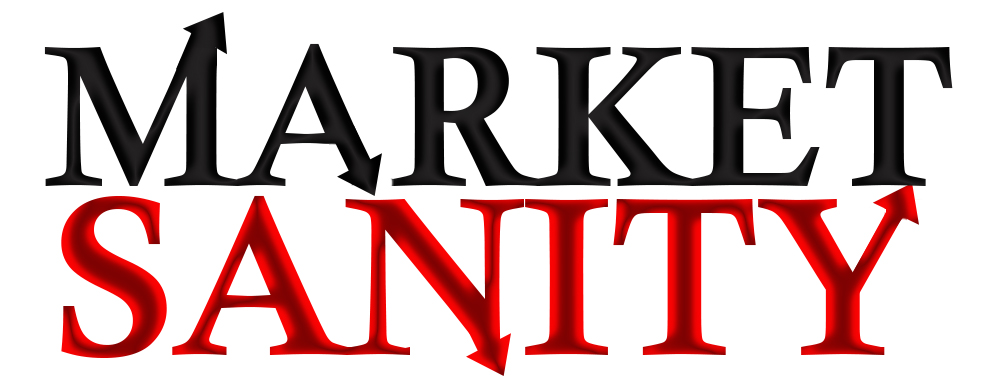Palisades Gold Radio, Released on 4/6/21
Time Stamp References:
0:00 – Introduction
0:33 – Rating Mining Equities
8:40 – Incentives and Narratives
10:52 – Answering Key Questions
13:15 – Efficiency & Mining
15:25 – Intellectual Capital
18:16 – Questions for CEO’s
19:57 – Evaluating Company Plans
26:15 – Finding Tier One CEO’s
29:07 – Capital Allocation & Time
32:57 – Capital Structure
37:59 – Education & Reviews
38:53 – Liquidity & Cost of Capital
41:02 – Geographics and Risks
45:23 – Portfolio Structuring Tips
50:05 – Exit Strategies
55:04 – Resources & Connections
57:15 – Edgar & Sedar
58:51 – Wrap Up
Tom welcomes back the legendary investor Rick Rule to discuss the mining business. Rick says, “The game is to find the tiny percentage of companies that are spectacularly successful in a sector that loses four billion dollars per year.”
His approach to assessing a portfolio calculates the net present liquidation value of the company contrasted with their potential value in 18 to 36 months. He argues that his model is much more accurate than the methods most investors utilize.
It’s essential that the people involved in these companies are high-quality and have past success and that their skills are relevant to the task at hand. He wants to be partners with others in the company. Rick discusses how “opportunities” often come along, but most are companies with unrealistic valuations.
Exploration is often about answering unanswered questions and calculating the probabilities of success or failure. You are never going to get it right. You just have to be more right than most other investors, which is easy because most will buy an ETF.
He discusses how investing intellectual capital into projects can increase efficiency and make them more viable.
There are great benefits if your good at assessing an individual’s strengths and weaknesses. Good leaders are those that find other high-quality people and motivate them while building loyalty.
He discusses critical questions that investors should be asking of CEOs, including their reasons for management and staff. Many companies have no plan other than to continue drawing a paycheque, and many can’t answer the essential questions. He’s interested in what will constitute success or failure for a project, and unanswered and unfunded questions are usually a liability. Most investors are impatient for results, but Rick asks, “Why would a stock go up if the question isn’t going to be answered for another 18 months?”
He focuses on his estimates of liquidation value compared with the market cap. He finds success with those that don’t sell their stocks but build companies. You have to accept a lot of failure on the way and take a lot of time. You will likely see lower share prices, and you need to realize the value to maintain these trades and perhaps consider even buying more.
Rick discusses what smaller investors should look for, particularly when considering their risk appetite. Investors should own some physical metal but hold it as a form of insurance against the political class and not see it as a growth investment. He gives some tips for balancing risk versus return without spending too much time researching.
Three factors might cause Rick to change his current resource strategy should those factors begin to improve significantly.
Talking Points From This Episode
– Evaluating Mining Equities and Teams
– First Majestic and Efficiency
– Assessing CEO’s and Projects
– Geography, Government, and Risk
Rick Rule, founder and chairman of Sprott Global Resource Investments Ltd., began his career in the securities business in 1974. He is a leading American retail broker specializing in mining, energy, water utilities, forest products and agriculture. His company has built a national reputation on taking advantage of global opportunities in the oil and gas, mining, alternative energy, agriculture, forestry and water industries.


